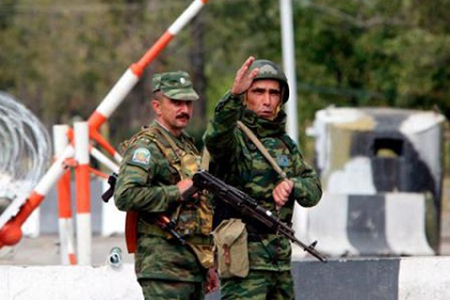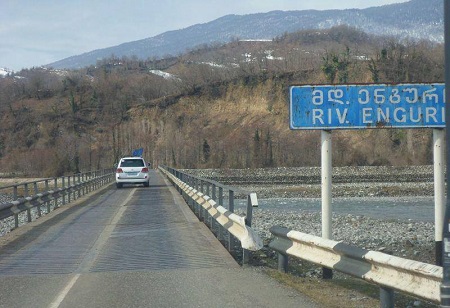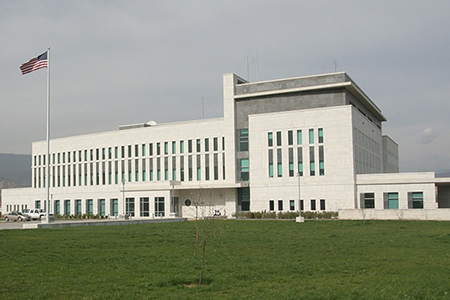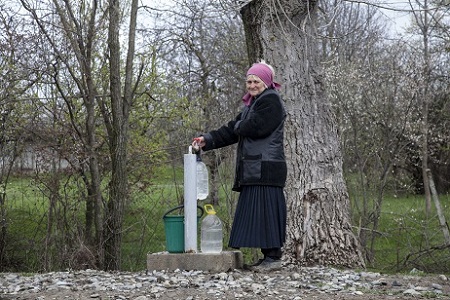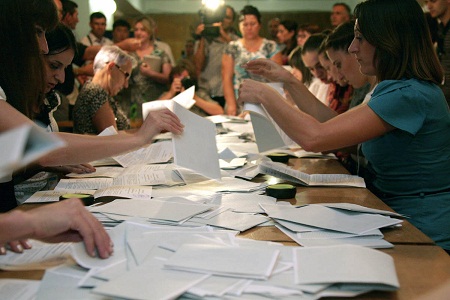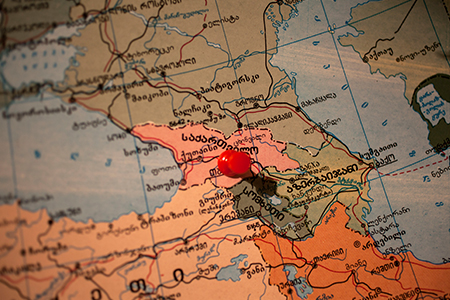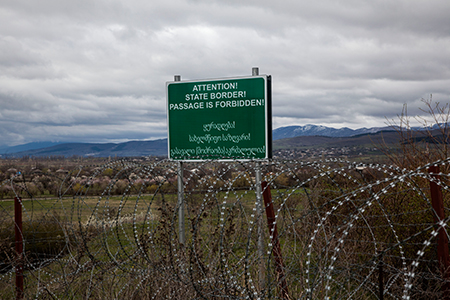Two crossing-points closed along occupation line with breakaway Abkhazia
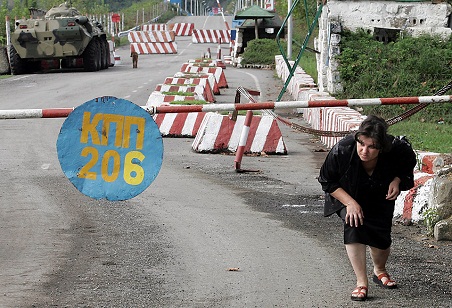
De-facto Abkhazian officials have closed two crossing-points along the occupation line separating Georgia’s breakaway, Russian-backed Abkhazia region from the rest of the country.
This move will largely affect locals in both breakaway Abkhazia and Georgia who regularly cross the so-called border.
- EU: Closure of crossing points with breakaway Abkhazia will make locals’ lives harder
- NATO concerned by closure of two crossing points in Abkhazia
Until today, three crossing-points along the occupation line were accessible: Enguri Bridge, Nabakevi-Khurcha and Otobaia-Orsantia. As of today, only Enguri Bridge will remain open.
Locals have reported that the two crossing points aside from Enguri Bridge are closed for individuals wishing to cross over from Abkhazia onto Georgian-controlled territory, while those wishing to cross over onto the Abkhazian side are still able to do so. However, once residents of the occupied region return home, the crossing-points will be closed for both sides.
Local residents say that it will be difficult to use only one point of entry and exit because it will be time consuming.
Moreover, it is believed that Russia is going to set up a checkpoint at the Enguri Bridge crossing-point and all goods that locals move across the occupation line will be subject to taxation.
- UK concerned by imminent closure of crossing points along de-facto border with occupied Abkhazia
- Japan concerned over illegal decisions of de-facto Tskhinvali, Abkhazian officials
In a statement released today, the Georgian Foreign Ministry said that reducing the number of crossing-points violates fundamental rights of local residents, including the right to free movement, private and family life, education and healthcare.
"[This move] serves to isolate Abkhazia region from the rest of the world”, the Ministry said.
The statement added that despite statements from the global community, "the Russian occupation regime in Sokhumi seems to have decided to continue its destructive policy” and prevent the government of Georgia from peaceful resolution of the conflict.
The Ministry asked the international society to "properly react” to the these actions.
Much of the occupation line is monitored by camera and blocked off by barbed wire fences.
The breakaway region first announced its intent to close the two crossing points in January. This was followed by protests from locals and statements by international organisations, saying this action would be a "grave violation of human rights”.
 Tweet
Tweet  Share
Share



